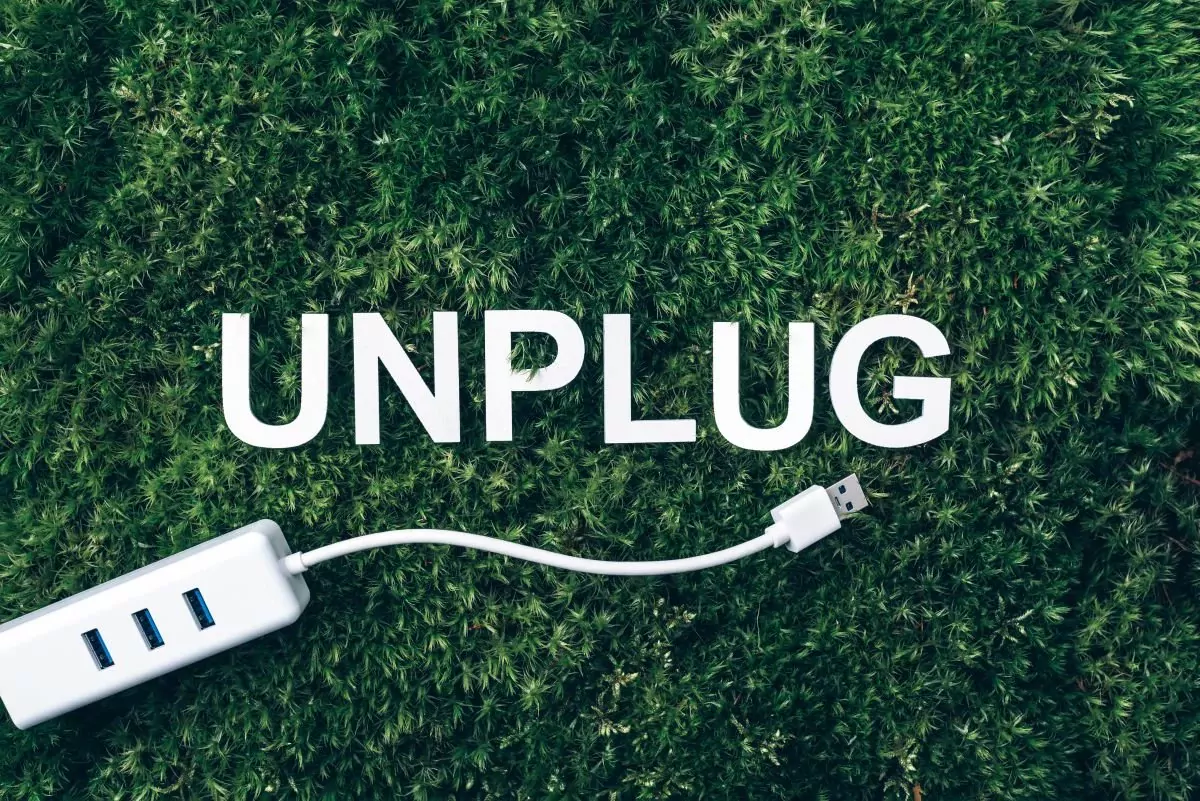Refining Leadership in the Era of Constant Communication
Let's be real – it sometimes feels like we're living in a world that never sleeps. Thanks to smartphones, social media, and those little notification pings, we're expected to be "on" all the time. It's like we're plugged into this giant, never-ending business network.
Now, don't get me wrong, being connected has its perks. But this "always-on" culture can also leave us feeling burnt out, less productive, and like we have zero time for ourselves. So, let's chat about why turning off is so important, and how it can actually make our lives better – both at work and outside of it.

The Downside of Always Being "On"
Think about it: being constantly connected and expected to answer emails or messages right away can get pretty stressful. It's like having a little boss in your pocket 24/7. This can lead to anxiety, and it can start to feel like there's no line between work and your personal life. Suddenly, relaxing, hanging out with friends, or just doing things you enjoy becomes way harder.
The Awesome Benefits of Turning Off
Get More Done (Seriously!)
Believe it or not, being "on" all the time doesn't mean you're actually getting more done. Taking breaks and stepping away from work can actually boost your focus, make you more creative, and help you perform better when you are working.
Feel Happier and Healthier
Disconnecting from work gives you time to take care of you. You can focus on hobbies, spend quality time with friends and family, and just do things that make you happy. This helps reduce stress, create a better balance between work and life, and just feel better overall. Did you know that chronic stress can even weaken your immune system? So taking breaks is good for your body and your mind.
Protect Your Mental Health
Feeling like you always have to be available and respond instantly can take a toll on your mental health. Taking regular breaks and setting boundaries around when you're "on" and when you're "off" can help prevent burnout, reduce anxiety, and just improve your overall mood.

How to Unplug in a Plugged-In World
Set Boundaries: Let your coworkers and even your boss know what your work hours are. And it's okay to set expectations for how quickly you'll respond to messages. It's also totally fine to let people know when you'll be unavailable.
Use Tech Wisely: Your phone and computer have settings that can help you manage notifications and even create "do not disturb" times. There are also apps that can block work-related stuff when you're supposed to be off the clock.
Create Rituals: Find something that helps you switch from work mode to chill mode. It could be going for a walk, listening to music, or doing a hobby that helps you relax and forget about work for a while.
Share the Load: If you have the chance, learn to delegate tasks and work together with your teammates. This takes some of the pressure off of you to always be "on," and it creates a healthier work environment for everyone.
Leading by Example
If you're in a leadership position, be a role model. Encourage your team to take breaks, set boundaries, and make their well-being a priority. Create a workplace culture where people feel supported in taking time off when they need it.
Disconnecting In a World That's Always Connected
Staying connected and being responsive is important, but it's just as important to know when to turn off. Making time for yourself, setting boundaries, and finding a good balance between work and life can make you more productive, improve your mental health, and just make you happier overall.
So, let's unplug, recharge, and remember that there's more to life than just being "on" all the time!

